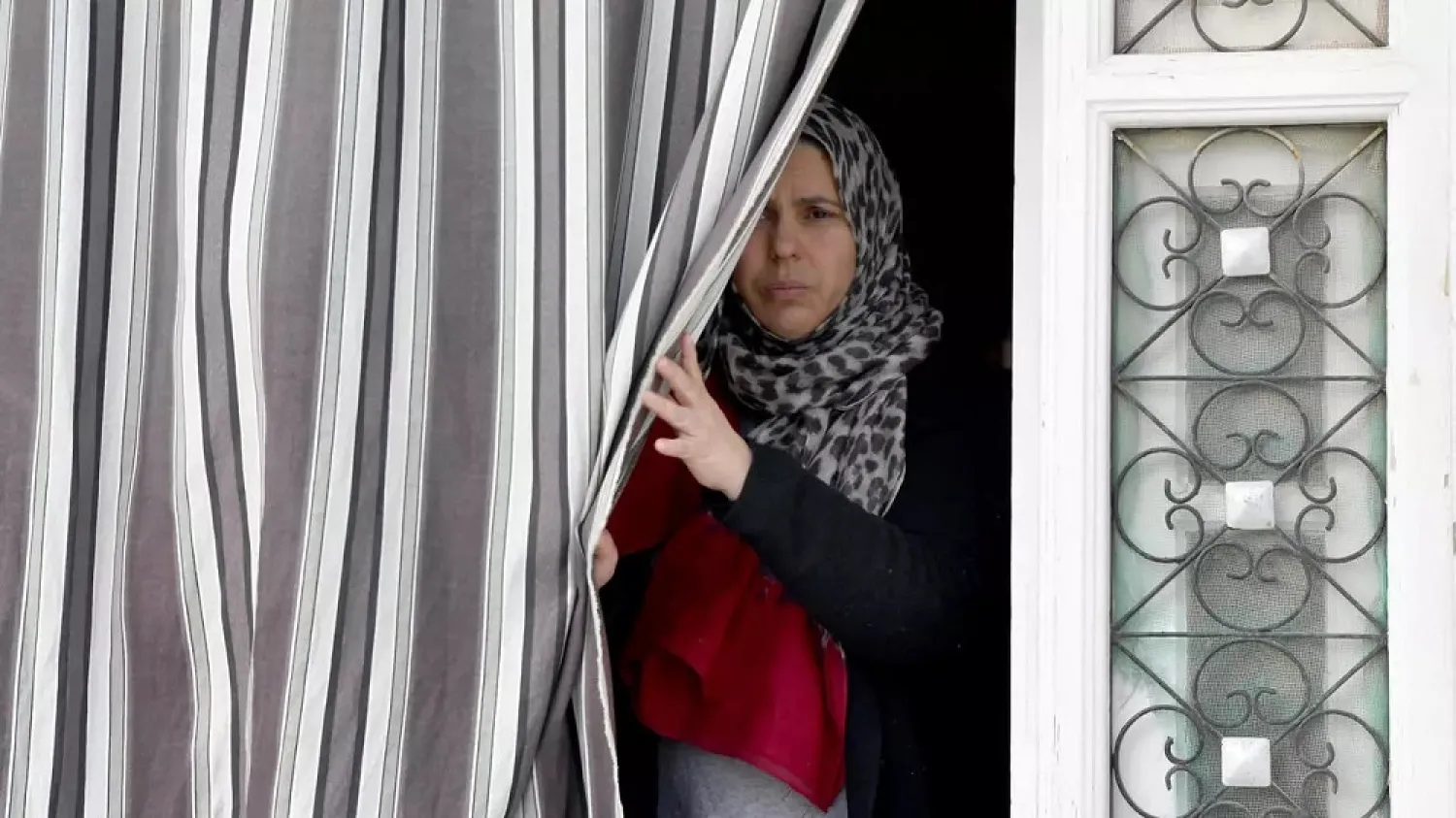A Tunisian man who stabbed to death a police employee in France in a suspected attack was depressed and not devout, relatives said Saturday, expressing shock and disbelief.
They identified him as Jamel Gorchene, 36, who hailed from M'saken -- the same hometown as Tunisian Mohamed Lahouaiej-Bouhlel, who carried out a deadly attack in France in July 2016.
Bouhlel ploughed a truck into a crowd of people on the waterfront of the Mediterranean city of Nice as they celebrated Bastille Day, killing 86 before being shot dead by police.
That attack came less than a year after deadly assaults in November 2015 that saw 130 people killed in bombings and shootings across Paris, including at the Bataclan concert hall.
"Jamel was a quiet person, reserved," said his cousin Noureddine, according to AFP.
"But he did not have much to do with religion, and was not particularly pious," he said, adding however that he had not seen his cousin for some time.
Sameh, another cousin, recalled that Gorchene suffered from depression and was seeing a psychiatrist in France.
A brother-in-law said Gorchene recently returned home to Tunisia, where he spent two weeks.
Sameh confirmed that report, adding Gorchene apparently "planned on returning home definitively".
"He was expected to return home today," she said.
'Shock'
"We are all shocked, and we cannot believe what happened," Sameh added.
"He was easy prey, people took advantage of his fragile state to radicalize him."
Gorchene's immediate relatives were visibly upset after Friday's attack in the commuter town of Rambouillet near Paris, and refused to speak to the media.
A white and brown curtain shielded the modest, one-storey family home in M'saken, northeastern Tunisia, from prying eyes.
"We have nothing to say," a woman identifying herself as Gorchene's sister told reporters, peering from behind the curtain.
"My mother has been hospitalized," suffering from shock following the attack, she added. Gorchene had also two brothers, one of them a twin.
Gorchene was shot and fatally wounded by an officer at the scene of Friday's attack, after he stabbed a 49-year-old mother of two at the entrance of a police station.
The assailant had arrived in France illegally in 2009 but had since obtained residency papers, a police source said. He had just moved to Rambouillet.
'Brainwashed'?
Gorchene's father and two other people were taken into custody on Friday, and questioning was continuing on Saturday as police delve into his background, contacts and possible motives, officials in France said.
Tunisian police said investigators had interviewed a Muslim cleric who had recently been in contact with Gorchene.
The father, a 70-year-old called Salem according to cousin Noureddine, retired a decade ago after having worked in construction in Nice but often visited the French city.
Gorchene, his cousin said, studied at a technical school and obtained a diploma in mechanics before leaving Tunisia for France in 2009.
He travelled there illegally and lived in the Paris region.
Gorchene recently obtained residency papers in France, a police source said, and had just moved to Rambouillet working as a taxi driver.
"When I heard news of the attack I was stunned, but everything is possible," said Noureddine.
"I don't know what he was doing in France, or who he frequented. Maybe he was brainwashed," he said.
One neighbor said Gorchene had "no friends here" and only spent time with his family.
Another neighbor said the Gorchene family were "quiet" low-key people. "I am really shocked," the neighbor added.









